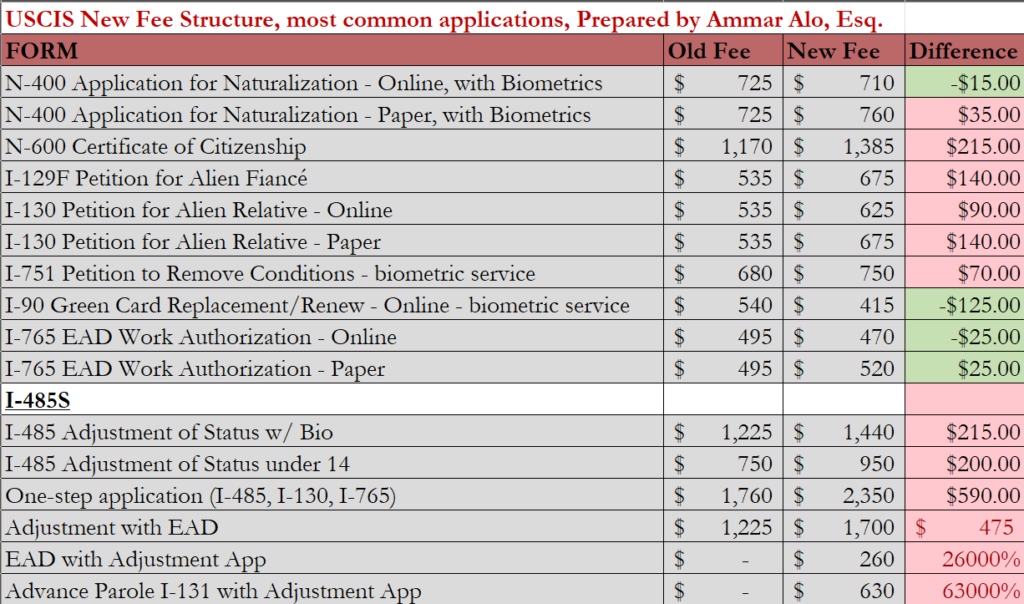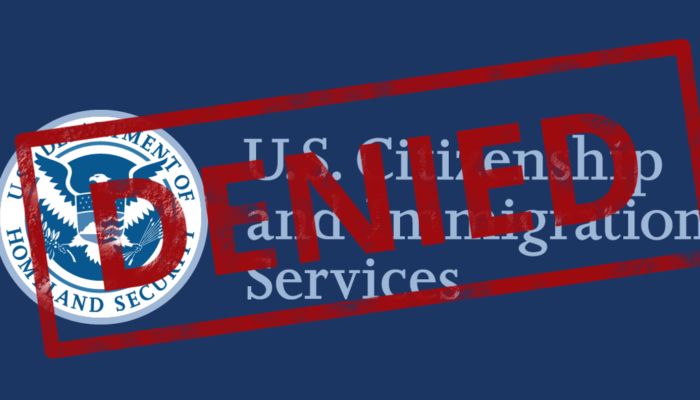The best piece of advice I can give to anyone going through the immigration process:
DON’T LIE!!!!
“Duh!” you might say. “That’s obvious!”
Well, it should be obvious, but then explain the countless cases I have seen where I have caught a lie, … I mean, “discrepancy”. I discussed it briefly in a TikTok video I made not too long ago.
So, what am I talking about here? What kind of things have I seen get people’s cases totally off the rails?
Well, how about these for example:
- Different Birth Dates
- Different Marriage Dates
- Names/number of children
- Marriages
- Employment, occupations
- Military Service
- Past Persecution (Asylum Cases)
- Address History
Just to name a few
So the next logical question is “why did you lie”? and it basically comes down to 4 main reasons, and the answers might surprise you.
The first and most innocent answer is that it was a mistake or typo. This I can totally understand. We all make mistakes, yes, even us attorneys, and that is why we have to double and triple check everything we submit. We do that with our clients, after we are completely finished with a file, and before it gets mailed out, we check it again, send it to our clients for a review, and check it one last time right before mailing.
However, if you have someone else help you with the forms, this type of quality check is most likely not there. Notarios are “notorious” for making mistakes, or just making stuff up, and that brings us to the second reason why people lie on their applications.
“The Notario/Form preparer filled it out, I don’t know what they put in there”. Really?? That’s the excuse you are going to use when you are in front of a USCIS officer, embassy official, or immigration judge? There’s no excuse for not reviewing what is submitted on your behalf. If you sign something, you better have reviewed it (this applies to everything by-the-way, not just immigration).
The third reason is both dumb and naive: “I lied because I thought it would increase my chances of approval.” Really? You think immigration officials are idiots? You really think they have no way of verifying any information that you have claimed?
Do you really think that by lying, you will have a better chance? How do you even know what kind of information is favorable? The most common lies people think will give them a better chance at Tourist Visas is to claim they are married/single, or they have kids, or they own some kind of business. They believe that by making these claims, immigration officers will believe that they will definitely come back to their home country after their visit to the US. What they don’t know is that if they are caught lying, they can be barred from EVER coming to the US.
Don’t do it, it’s not worth it.
This last reason of why applicants lie is the worst, and the most wicked: They are trying to hide something that will get them denied or arrested.
Criminal records, group memberships, gang memberships, military service, past marriages, all come to mind.
In conclusion, lying on your applications is a huge mistake. Not only is it wrong to lie for any reason and in any situation, but it will also severely harm your chances of immigrating to the US. And, as I said in the video, if you don’t get caught the first time, you will probably get caught down the road, most likely at your Naturalization interview.
It’s best to consult with an experienced Immigration Attorney who can help you navigate this complex maze we call the US Immigration System.
Contact us today!
Top rated Detroit Immigration Lawyer
Top rated Toledo Immigration Lawyer
Top rated Ann Arbor Immigration Lawyer
Top rated Canton Immigration Lawyer
Top rated Southfield Immigration Lawyer
Best Immigration Lawyer Detroit Michigan
Best Immigration Lawyer Toledo, Ohio
Best Immigration Lawyer Ann Arbor Michigan
Best Immigration Lawyer Canton Michigan
Best Immigration Lawyer Southfield Michigan








